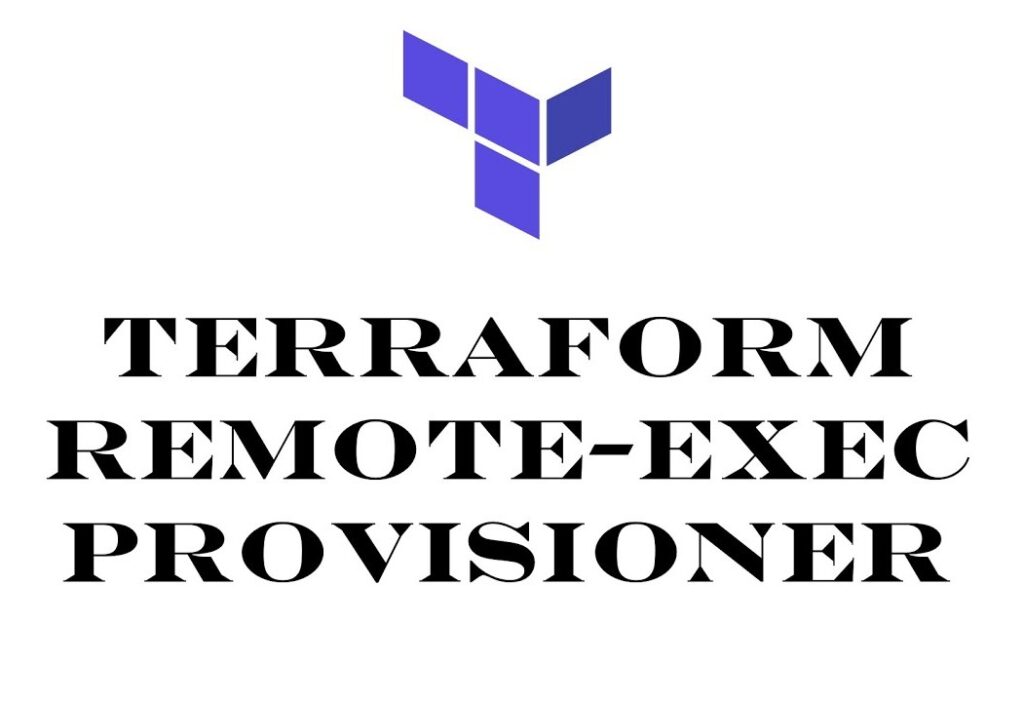Terraform Trigger for Inline Command Changes
The user_data_replace_on_change attribute in Terraform is typically used in the context of AWS EC2 instances to trigger instance replacement when there is a change in the user_data attribute. This ensures that changes to the user_data script result in a new EC2 instance being created with the updated configuration.
However, user_data_replace_on_change is not directly applicable to the inline attribute of a remote-exec or local-exec provisioner. Changes to the inline block do not trigger instance replacement by default.
Key Points
user_data_replace_on_changeis specific to theuser_dataattribute in resources likeaws_instanceoraws_launch_template.- Provisioners like
remote-execorlocal-execdo not have a direct equivalent touser_data_replace_on_change. - If you want to force the replacement of a resource based on changes to a provisioner’s
inlineattribute, you must use thetriggersargument or manage the resource lifecycle manually.
Example of Forcing Replacement with Triggers
resource "aws_instance" "example" {
ami = "ami-12345678"
instance_type = "t2.micro"
provisioner "remote-exec" {
connection {
type = "ssh"
user = "ec2-user"
private_key = file("~/.ssh/id_rsa")
host = self.public_ip
}
inline = [
"sudo apt-get update",
"sudo apt-get install -y nginx"
]
}
# Use the 'triggers' argument to force replacement when the 'inline' commands change
lifecycle {
create_before_destroy = true
}
triggers = {
inline_commands = sha256(join("", provisioner["remote-exec"][0].inline))
}
}
Summary
- Triggers Argument: The
triggersargument in the resource lifecycle configuration can be used to specify arbitrary values (like a hash of theinlinecommands) that, when changed, will force the resource to be replaced. - create_before_destroy: This lifecycle setting ensures a new resource is created before the old one is destroyed, minimizing downtime.
user_data_replace_on_change does not apply to inline in provisioners. To achieve similar behavior, the triggers argument or other lifecycle controls should be used to manage resource replacement based on changes to provisioner commands.

